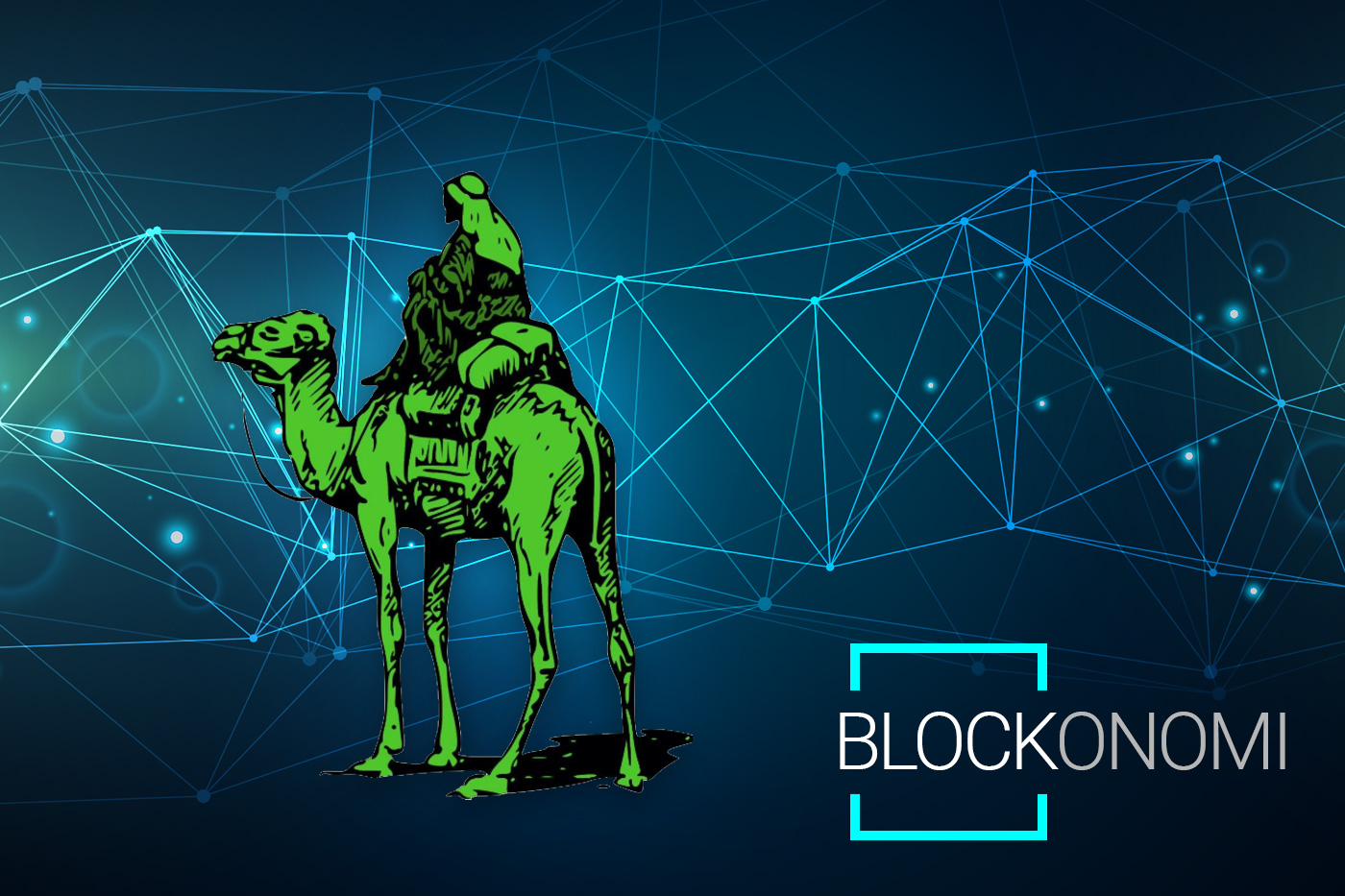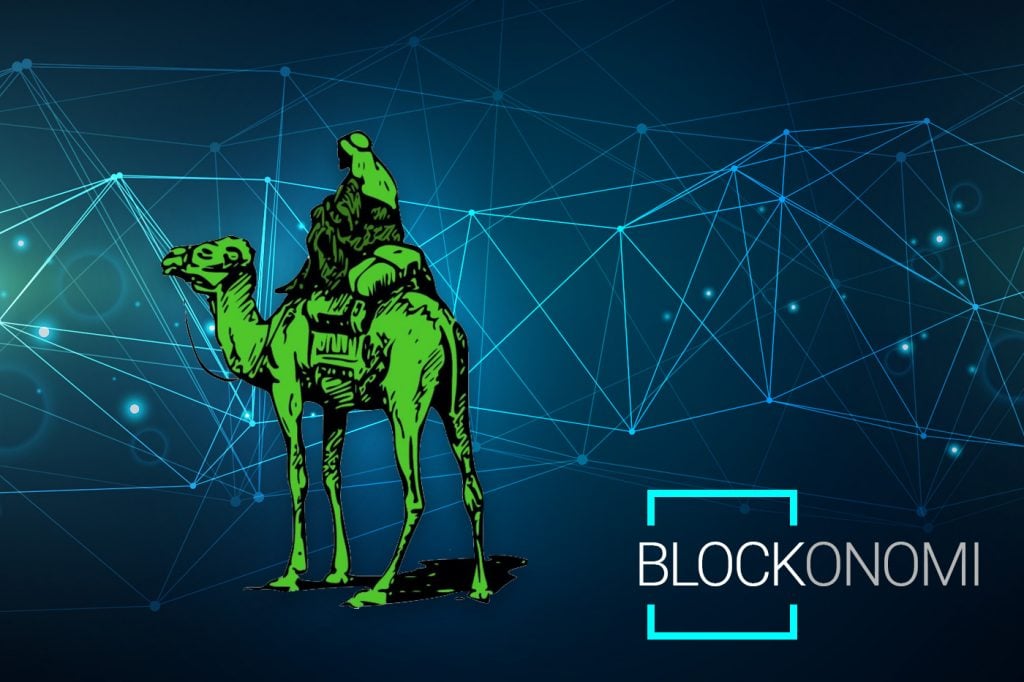Silk Road wasn't just any marketplace—it was the internet’s equivalent of the Wild West, often compared to a vice-laden eBay. It served as a sanctuary for drug traffickers, arms dealers, and document counterfeiters. In February 2011, Ross Ulbricht—an ambitious young libertarian using the alias Dread Pirate Roberts—brought Silk Road to life. This website, although active for less than three years, ignited immense controversy and debate.
Initially, Ulbricht's venture turned him into a multimillionaire, only to later see him become an inmate. The Silk Road’s downfall also exposed corruption within the ranks of U.S. federal agents. But what enduring legacy did it leave? Did it embody a revolutionary spirit, or did it fundamentally erode the principles of its well-meaning founder?

With elements that could easily fit into a gripping Hollywood screenplay, it's no surprise that a 2015 documentary titled Deep Web featuring Keanu Reeves delved into the Silk Road chronicle. This narrative seems the perfect entry point to explore the mysterious deep web.
The Deep Web & the Dark Web
The deep web is an expansive section of the internet hidden from the average user’s sight. It refers to all the web content not indexed by search engines like Google, with the indexed sites forming what's called the surface web. Although its true scale is elusive, experts claim that the deep web is exponentially larger than what we typically navigate. Specialized tools and networks—such as Tor, initially crafted by the U.S. navy for confidential online communication—are necessary to access it.
In the shadows of the deep web lies the infamous dark web—a realm involving darknets, obscure networks accessible only with specific software such as Tor or through intricate peer-to-peer setups.
Ross Ulbricht
Ross Ulbricht hailed from Austin, Texas. Armed with a physics degree from the University of Texas and a master’s from Pennsylvania State University, he held strong libertarian beliefs. An admirer of Ayn Rand and supporter of Ron Paul, Ulbricht harbored deep skepticism towards governmental power and was critical of the U.S. War on Drugs.

After completing his studies, Ulbricht worked as a research assistant but soon realized the academic path wasn't for him. His entrepreneurial journey included ventures like an online bookstore, but unmet expectations led him to the mecca of tech start-ups: Silicon Valley, driven by a vision to create something truly unprecedented.
Silk Road
Named after the famed trade route that linked Europe and Asia, Silk Road was built on a straightforward idea: a better world. Per his LinkedIn profile, Ulbricht sought to utilize economic theory to eradicate coercion and aggression from human interactions.
Silk Road was envisaged as a marketplace of liberty, independent from state regulation, thus challenging governmental structures. Ulbricht believed those using Silk Road could decide what substances to consume without engaging dangerous criminal elements or evading law enforcement. In a way akin to eBay, Silk Road allowed peer ratings and arranged for product transactions, unknowingly facilitated through traditional postal services.
Being a Tor hidden service, Silk Road offered its users a strong sense of anonymity. Plus, all transactions had to be executed with bitcoin, which promised significantly more privacy compared to traditional currency or credit options. not entirely anonymous At its inception, Ulbricht limited Silk Road to so-called 'victimless crimes,' forbidding items like child pornography, stolen credit cards, murder-for-hire services, and catastrophic weapons. Despite this, by 2013, drugs accounted for some 70% of listed offerings. As time passed, Ulbricht found it difficult to uphold his restrictive policies; his views on loosening weapon sales, amid tightening regulations, reflected his underlying libertarian creed. Consequently, a wider array of illicit offerings surfaced.

Silk Road’s primary appeal lay in its credibility. Buyers and sellers provided feedback on qualities like price and reliability. Ulbricht was largely genuine about his vision and established bonds with forum participants, fostering a community vibe. Orders were most often successfully fulfilled unless intercepted by authorities, in which case the anonymous patrons would plead ignorance. Confidence in escrow transactions solidified trust.
During its short-lived operation, Silk Road saw transactions worth over $1 billion, contributing significantly to Ulbricht's estimated $28 million fortune by the time of his arrest. that any bitcoin Although law enforcement was aware of Silk Road’s existence shortly after its creation, it wasn't until over two years later that Ulbricht’s identity was uncovered. Two U.S. senators publicly criticized the platform, prompting the DEA to pursue its domain. Legal authorities struggled, having to breach the network and painstakingly assemble limited intelligence. Persistent effort eventually led the FBI to Ulbricht.
One October day at a San Francisco library, Ulbricht’s vision came crashing down. After infiltrating Silk Road and flipping key individuals, the FBI identified links to Ulbricht when a casual search connected the Dread Pirate Roberts to another pseudonym, ‘altoid,’ previously active on drug forums. This trail eventually led them to a bitcoin forum revealing Ulbricht’s personal email.
The End of the Road
Ulbricht, caught in the act, was managing Silk Road with his alias when arrested. His laptop revealed millions in bitcoins and USB devices in his apartment held even more. A private journal on his computer recorded incriminating details. His grand vision dismantled, law enforcement seized Silk Road's domain in mere hours post-arrest.
During his trial, a shocking charge emerged: six counts of attempted murder. Silk Road, conceived to minimize drug trade violence, ironically implicated its founder—an idealist and market enthusiast—in murder plots.

Attempted Murder
While pursuing the elusive Dread Pirate Roberts, the FBI stumbled upon various Silk Road figures, including Curtis Green, a father and site moderator. Initially selling prescription drugs, Green was betrayed by his arrest, suspecting him of cooperation when $350,000 in bitcoins vanished, some traced to him. Fearing a snitch, Ulbricht tasked another associate, ‘Nob,’ with silencing Green. Unbeknownst to him, ‘Nob’ was DEA agent Carl Force, who infiltrated Silk Road’s ranks.
The Silk Road Saga: The Evolution of a Marketplace Steeped in Drugs, Extortion, and Bitcoin
A Thorough Exploration of Silk Road's Origins, the Arrest of Ross Ulbricht, FBI Intrigue, and the Continuing Legal Battles
Silk Road wasn't your typical marketplace. Often likened to a Wild West of the digital realm or an eBay for illicit goods, this online hub became notorious as a sanctuary for drug traffickers, arms dealers, and counterfeit document makers. Set up in February 2011 by an enthusiastic libertarian named Ross Ulbricht, who borrowed the alias Dread Pirate Roberts from a popular film serving as a shared identity among many, the original Silk Road lived a short life, stirring up significant commotion during its existence.
Initially, it catapulted Ulbricht into the ranks of millionaires before branding him a criminal. Furthermore, in the aftermath of Silk Road's downfall, the scandal exposed corruption among two U.S. federal agents. Although the site is long gone, it left a substantial mark. The debate continues: was Silk Road a noble endeavor gone awry or a cautionary tale of idealism twisted into corruption?
Extortion
It all sounds like the stuff of a Hollywood blockbuster, doesn't it? And indeed, it is. Hollywood star Keanu Reeves lent his voice to narrate a 2015 documentary titled 'Deep Web,' which delves into the ascent and eventual unravelling of both Silk Road and its founder, offering a fitting introduction to the hidden depths of the internet.
The deep web, a rarely glimpsed part of the internet for the average user, comprises a vast internet region hidden from search engine indexes like Google, known as the surface web. It's a part of the online world whose size remains speculative, though it's believed to dwarf the surface web by hundreds of times. To navigate the deep web, special tools and skills are essential, including knowledge of Tor, a naval-originated software that enables secure and anonymous communication.
Aftermath
With Silk Road leading the charge, certain sections of the deep web turned into the infamous dark web, gaining notoriety. This shadowy arena operates via darknets or overlay networks accessible only with specific configurations or software such as Tor, and includes peer-to-peer networks.
Ross Ulbricht, a Texas native, earned his physics degree from the University of Texas and continued to get a master's in engineering from Pennsylvania State University. Holding strong libertarian beliefs, he drew inspiration from thinkers like Ayn Rand and backed Ron Paul for the U.S. presidency, all while questioning authoritative claims and expressing skepticism towards the U.S. War on Drugs. Mt Gox hacking .
Post-graduation, Ulbricht initially took on a research assistant role at his university, but restless for new ventures, he ventured into various startups, including an online bookstore. However, these experiences led to disillusionment, and like other skilled programmers of his generation, he turned his sights to Silicon Valley with aims of revolutionizing the startup scene.
Inspired by the legendary trade networks bridging Europe and East Asia, Ulbricht's Silk Road initiative stemmed from a simple concept: fostering an improved world. His LinkedIn profile famously stated his desire to use economic principles as a cornerstone for eliminating coercion and hostility among people. lost an appeal Designed as a bastion of unregulated trade, Silk Road sought to thrive beyond any governmental reach, challenging the status quo of state authority. Ulbricht envisioned a venue where individuals could freely choose substances without encountering dangerous dealers or facing governmental scrutiny. Like eBay, the platform paired buyers with sellers, incorporated user ratings, and enabled product deliveries right to doorsteps through unsuspecting postal systems.
Operating as a hidden service within Tor, Silk Road transactions boasted a formidable layer of anonymity, an attribute further enhanced by its exclusive use of bitcoin—providing anonymity well beyond conventional currencies or credit cards.
Ulbricht's vision for Silk Road emphasized trading in 'victimless crimes,' explicitly forbidding items like child pornography and weapons of mass destruction. A 2013 analysis revealed that drugs accounted for about 70% of listings. Despite initially strict terms, Ulbricht struggled to uphold these standards, relaxing weapon restrictions in line with his libertarian ideals as firearm control laws tightened, reflecting the marketplace's gradual shift toward contraband.
Silk Road's reputation for reliability set it apart from other dark marketplaces. User reviews of quality, reliability, and pricing fostered trust, and Ulbricht's unwavering vision for the platform's community-oriented operation earned users' loyalty. Most transactions proceeded smoothly, with any intercepted deliveries met with feigned ignorance by the anonymous buyers. An astounding $1 billion traveled through Silk Road, building Ulbricht's wealth to $28 million at his arrest. website in place Although Silk Road's existence was on the DEA's radar within months, Ross Ulbricht's cloak of anonymity took years to penetrate. While senators condemned the site and pushed for domain seizures, security forces painstakingly pieced together elusive network connections. Eventually, their hard work bore fruit, leading to Ulbricht's identification by the FBI.






5Comments
Nothing more to say than: WAO !!!!!!!!!
The Silk Road Saga: A Narrative of Narcotics, Blackmail & Bitcoin
An Exhaustive Account of the Silk Road Platform, the Apprehension of Ross Ulbricht, FBI Misdeeds, and the Continuing Legal Proceedings
Cool. GOOD LUCK!
Silk Road was an unparalleled marketplace. Often called the digital frontier akin to the Wild West or a lawless eBay, it was a utopia for drug suppliers, weapon traffickers, and document counterfeiters. Launched in February 2011 by a libertarian youth named Ross Ulbricht, who assumed the pseudonym Dread Pirate Roberts from the cinematic tale 'The Princess Bride', the site operated under the shadows for fewer than three years but managed to create waves during its existence.
For starters, the site transformed Ulbricht into a multi-millionaire before leading to his conviction. The unravelling of Silk Road also saw two U.S. federal agents condemned for corruption. The platform’s story leaves behind questions: was it a force of liberation or did it ultimately betray its founder’s idealistic intentions?
This dramatic tale sounds fit for a grand Hollywood script, doesn’t it? Indeed it does, and it has been. Keanu Reeves, a prominent actor, lent his voice to the 2015 documentary titled 'Deep Web', which traces the meteoric rise and precipitous fall of both the website and Ulbricht. Thus, this conversation must inevitably begin with the enigmatic deep web.